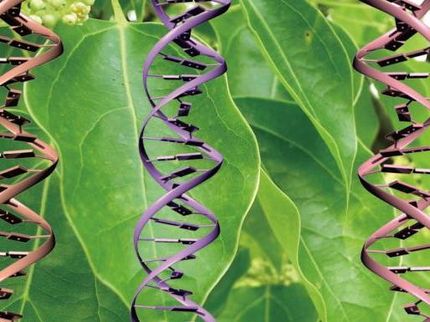New genes implicated in high blood pressure
Advertisement
Researchers at the Johns Hopkins University School of medicine, along with an international team of collaborators, have identified common genetic changes associated with blood pressure and hypertension. The study in Nature genetics breaks new ground in understanding blood pressure regulation and may lead to advances in hypertension therapy.
"Strikingly, none of the genes we identified as having common variation are part of the system we know about that regulates blood pressure – the genes identified are not the ones targeted by current prescription drugs to control hypertension," says Aravinda Chakravarti, Ph.D., head of the Center for Complex Disease Genomics in the McKusick-Nathans Institute of Genetic Medicine at Hopkins. "If we can increase the number of genes implicated in blood pressure maintenance from the current 12 to the expected 50 in the next year, our understanding of the biology will change completely."
To identify genes involved in blood pressure maintenance and hypertension, the researchers analyzed differences in the genomes of nearly 30,000 people of European descent whose average systolic blood pressures ranged from 118 mm Hg to 143 mm Hg and average diastolic blood pressures ranged from 72 mm Hg to 83 mm Hg. These individuals were part of a long-term study of cardiovascular health and disease supported by the National Institutes of Health called ARIC (Atherosclerosis Risk in Communities). The researchers looked for genetic differences that correlated with high blood pressure and found 11 variations or changes in DNA sequence that appear to regulate blood pressure levels.
Changes in one gene, ATP2B1, were linked to both blood pressure and hypertension. The gene ATP2B1 makes a protein that pumps calcium out of the cells that line the interior of blood vessels. Changes in SH2B3, a protein involved in the immune response, were also linked to increased blood pressure. Researchers also identified changes in genes involved in cell growth as well as genes necessary for correct heart development. Identifying genes in unexpected pathways emphasizes the many levels of precise blood pressure regulation, says Chakravarti.
According to Chakravarti, each of the genetic differences found is common in the population and causes only small changes in blood pressure. This study, he says, supports the idea that changes in many genes contribute to high blood pressure and hypertension. Chakravarti believes the combination of multiple changes in different genes may increase blood pressure significantly although the affect of each individual change on blood pressure is small.
"Hypertension is difficult to study; it is a trait, not a disease per se unless left untreated, and many things contribute to it," says Chakravarti. "These findings identify more pathways important for blood pressure maintenance and may lead to improvements in hypertension therapy and the formation of early detection systems."
























































